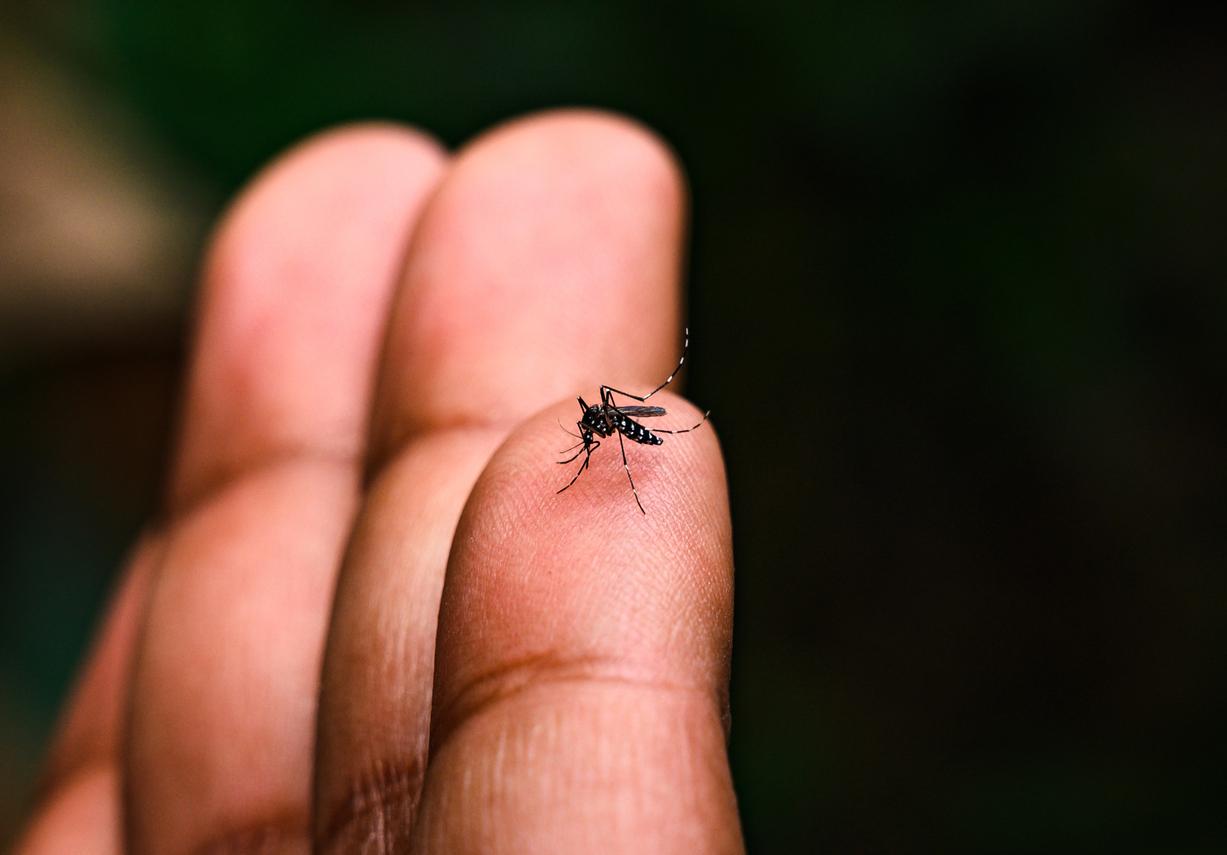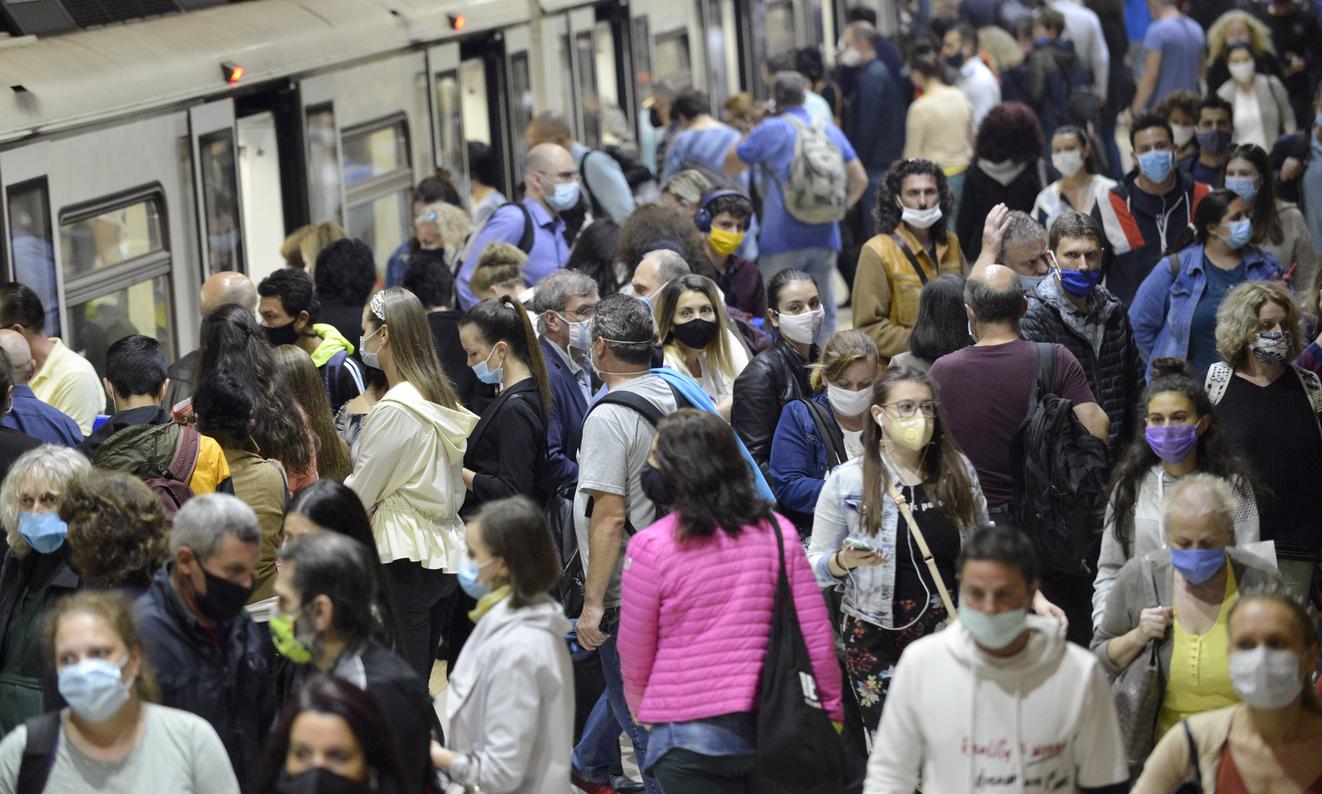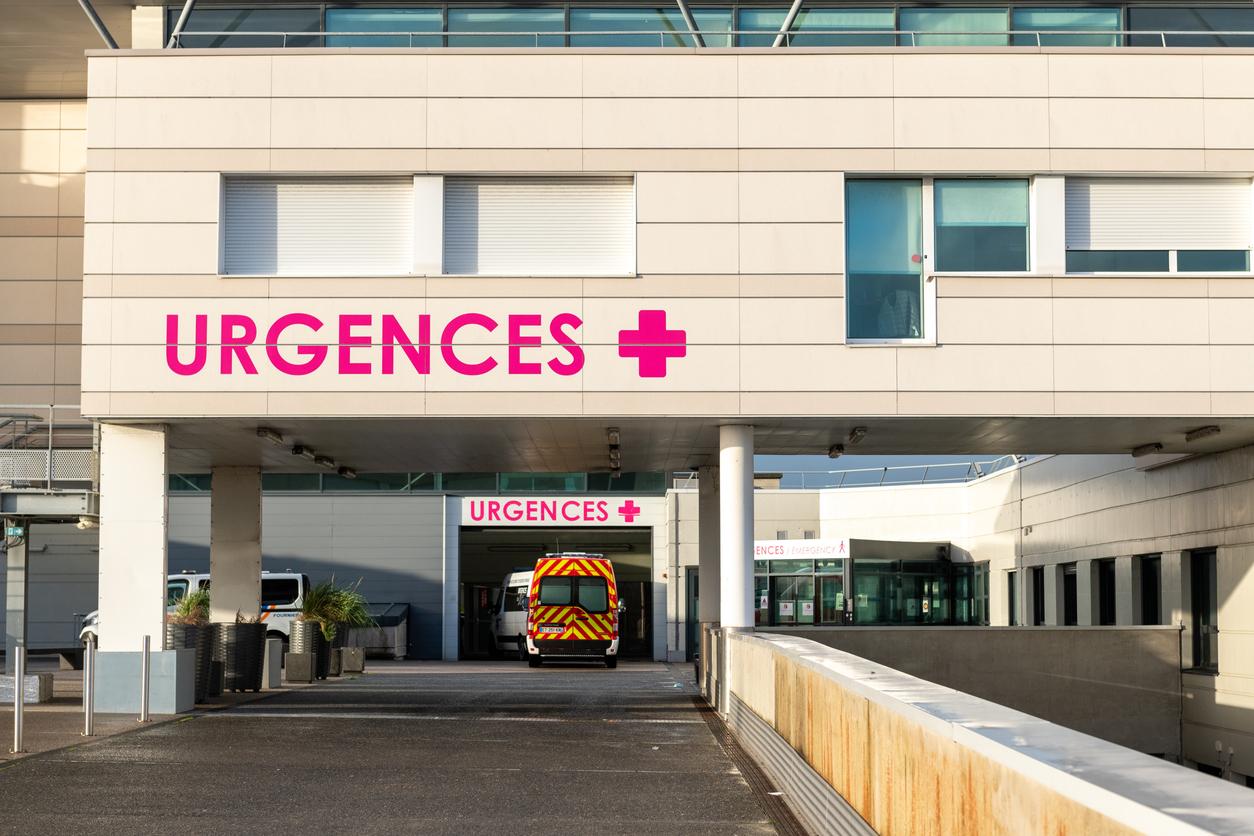Since the end of July, more than 24,200 people have contracted cholera and 528 have died. The WHO has granted more than 300,000 euros to the country to stop the epidemic.

The cholera epidemic in the Democratic Republic of Congo (DRC) “has reached worrying proportions,” said the World Health Organization (WHO) in Kinshasa, the country’s capital. Since the end of July, more than 24,200 people have been ill and 528 have died.
Of the 26 provinces of the country, 20 are affected. Every week, 1,500 new cases are identified. “The disease is already affecting large cities in the country such as Bandundu-Ville, Bukavu, Goma, Manono, Malemba-Nkulu, Minova, Mokala, Kimpese, Uvira and certain health zones in Kinshasa. “
The authorities fear that the epidemic will spread to the region of Grand Kasai, located in the center of the country. Sanitary and security conditions are “degraded” there, which increases the vulnerability of the population to this diarrheal disease.
Experts sent on site
To support the DRC, the WHO sent in early September a group of international experts to develop an emergency plan to stop the spread of cholera. “It is essential that environmental sanitation, individual and collective hygiene be put into practice and that drinking water is accessible to the populations most exposed to the risk of contamination from cholera”, declared Dr Allarangar Yokouidé, representative of the WHO in the DRC.
“Cholera is today a major humanitarian emergency in the Democratic Republic of Congo and we must pool resources for a quality response to the present epidemic”, added the Minister of Public Health, inviting partners to finance the epidemic response plan.
Sanitize the water
WHO has already pledged to immediately contribute $ 400,000 (or € 332,000) to support the deployment of teams in priority areas. Cholera kits including hydration solutions and drugs were also sent.
Cholera is an acute diarrheal disease that can die in a matter of hours without treatment. It is spread by ingestion of food or water contaminated with fecal matter. Providing safe drinking water and sanitation are essential to stem the spread of the disease.
.















